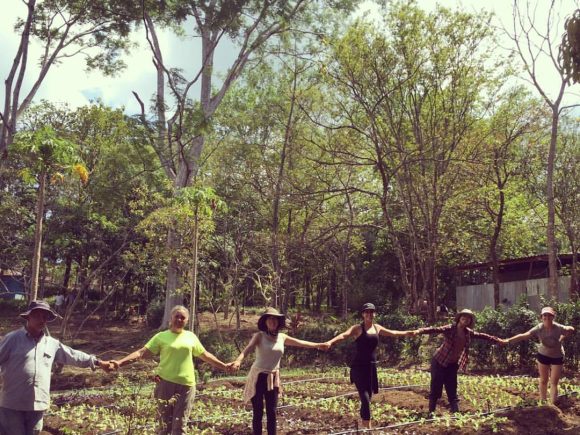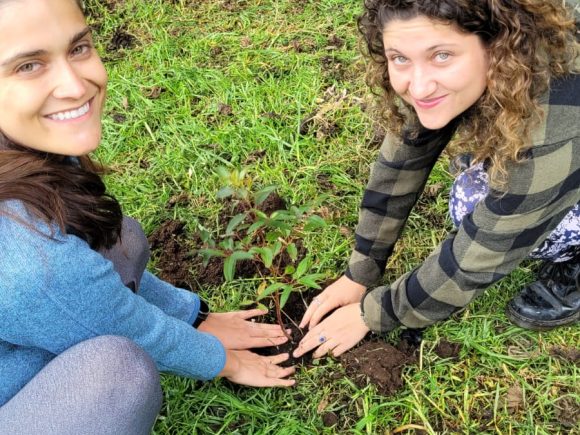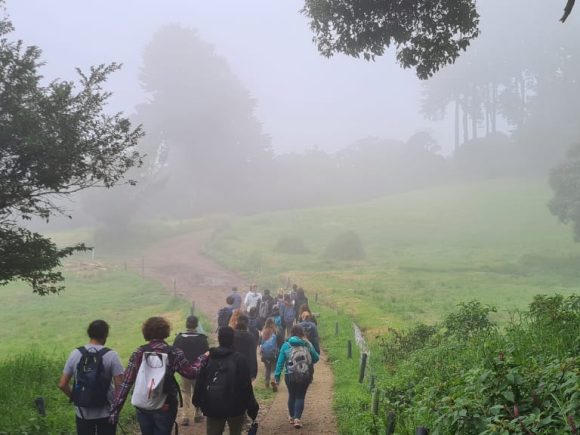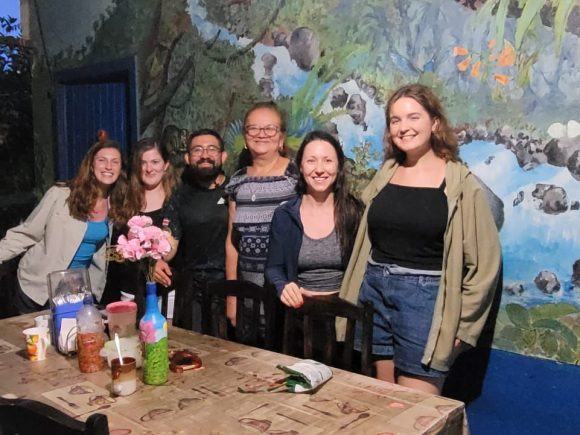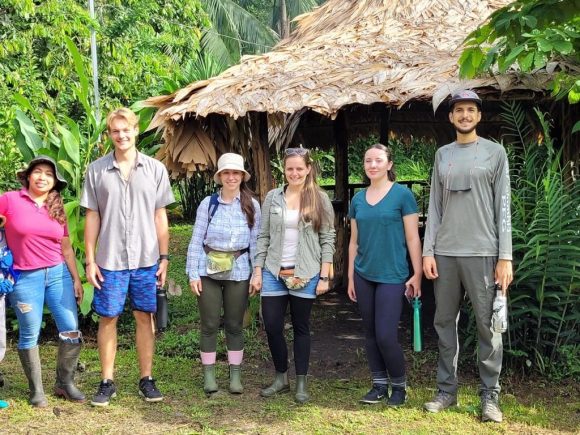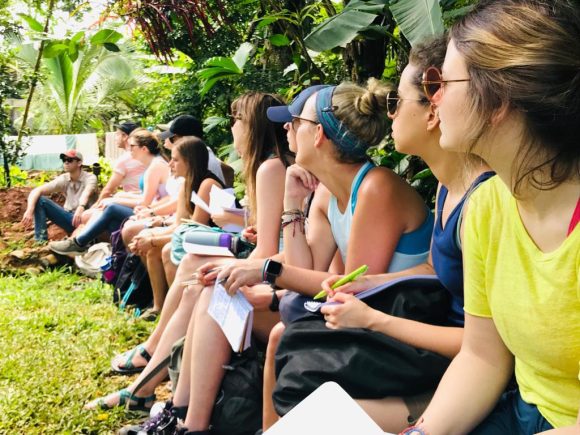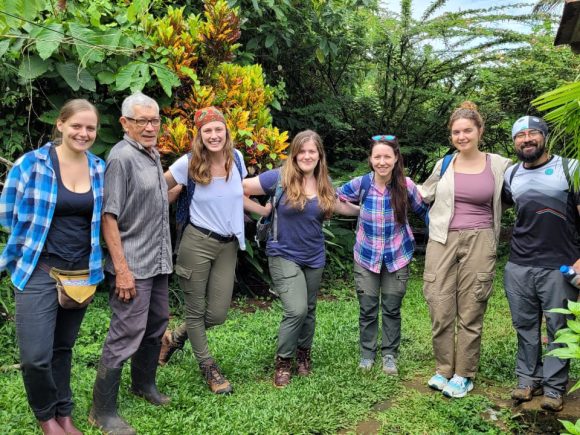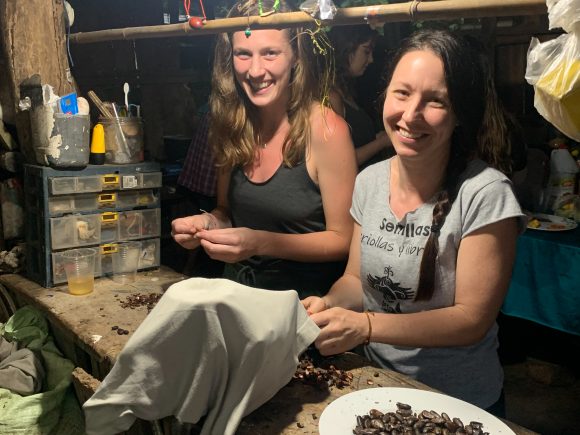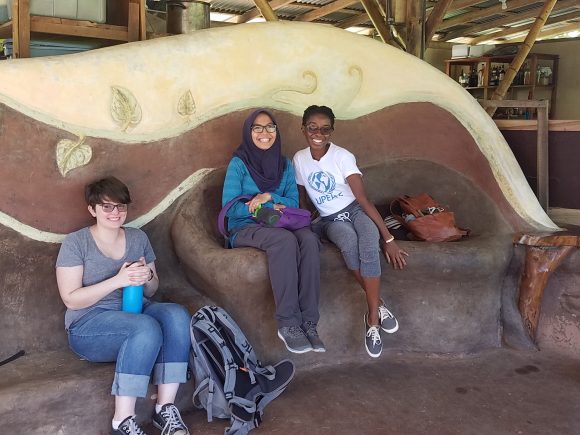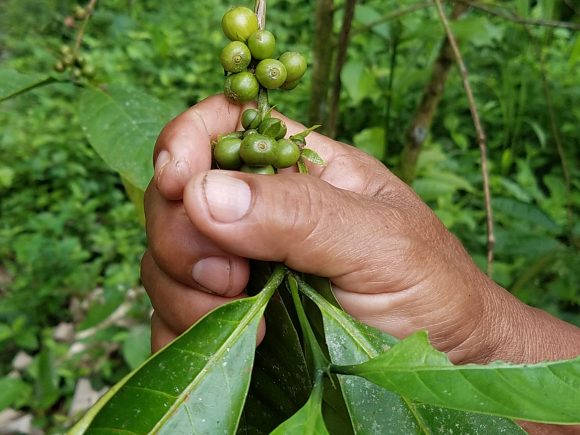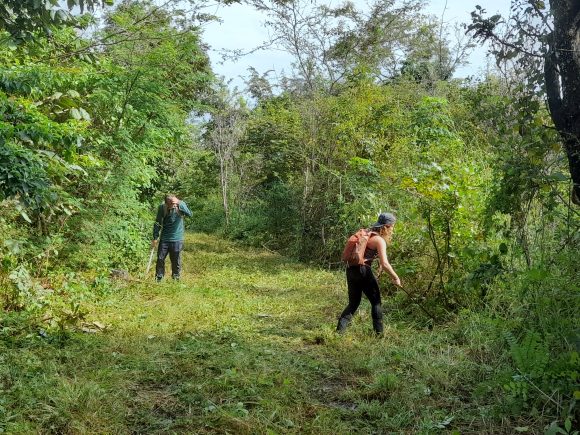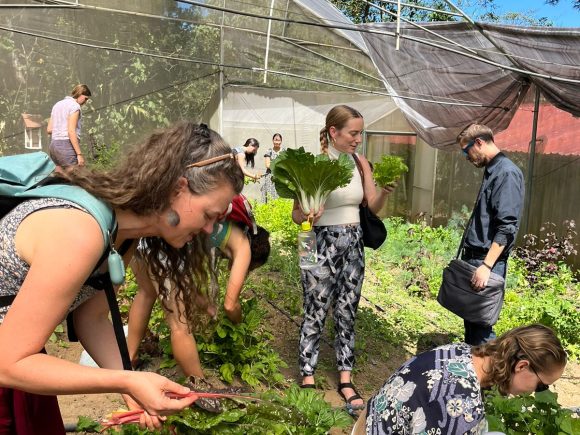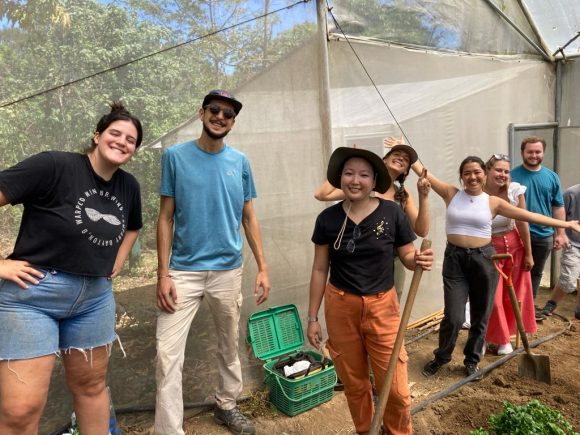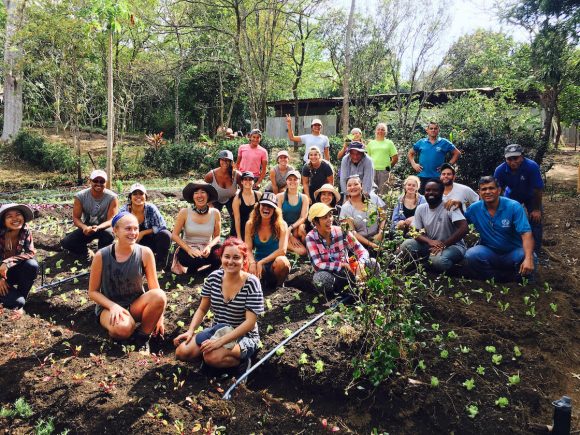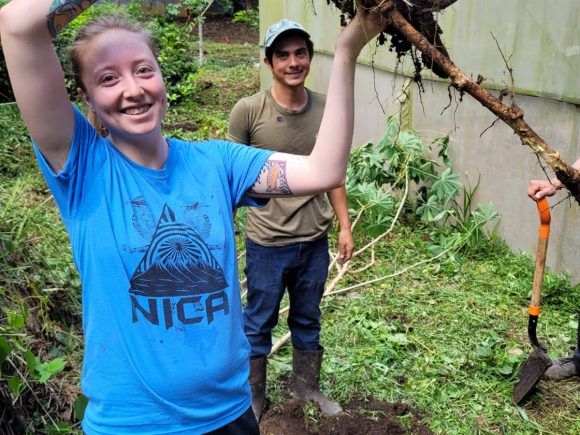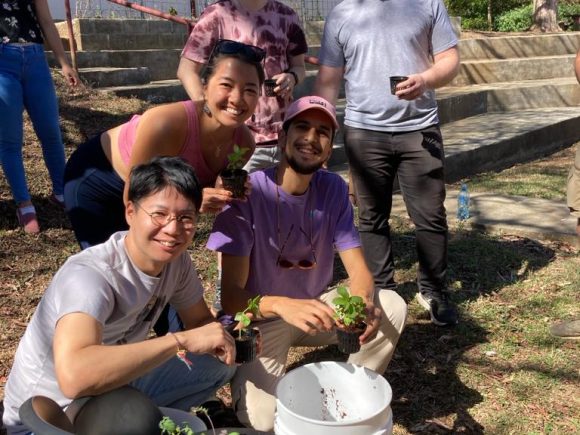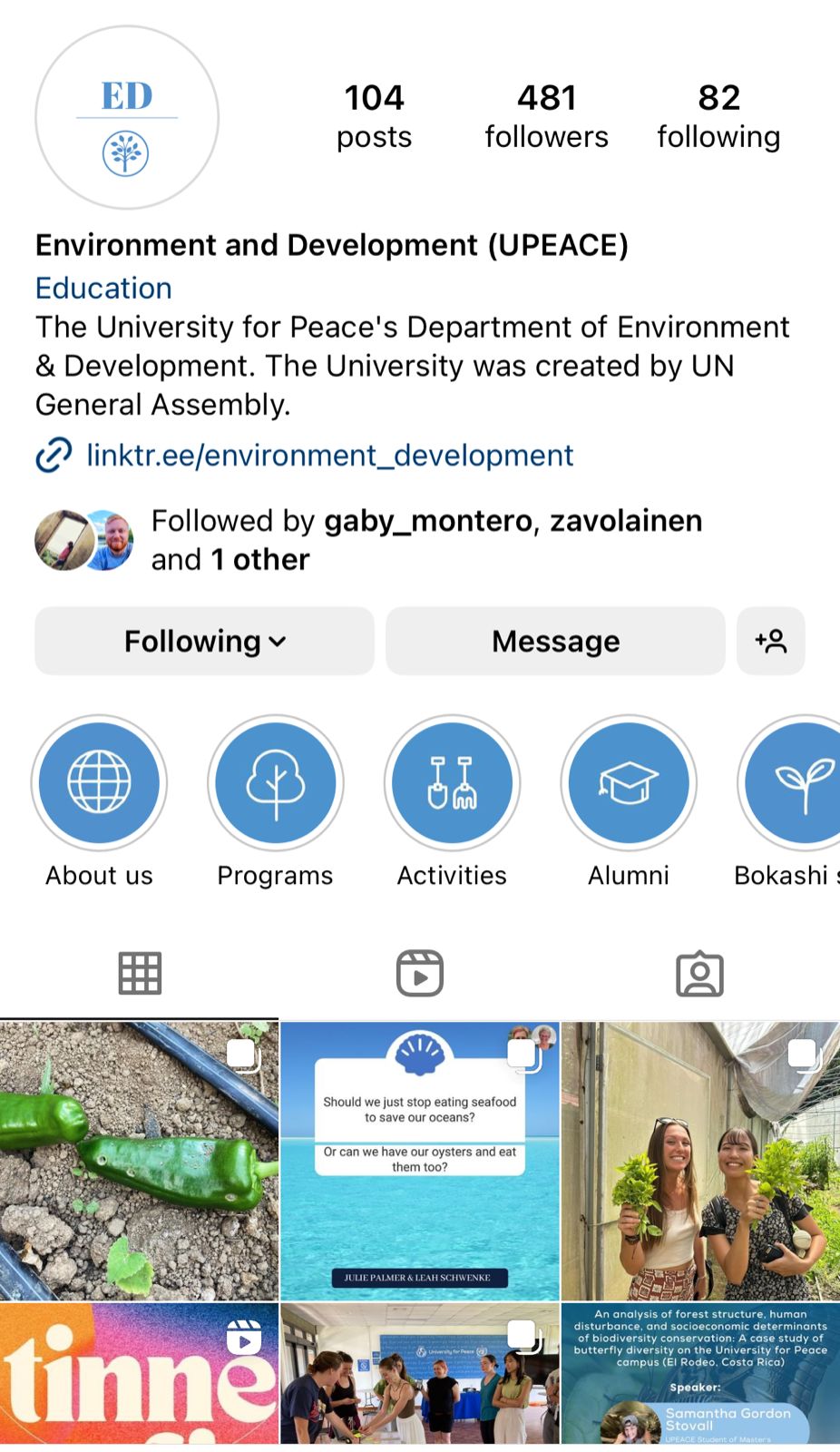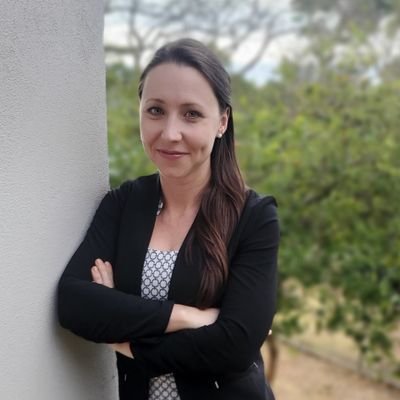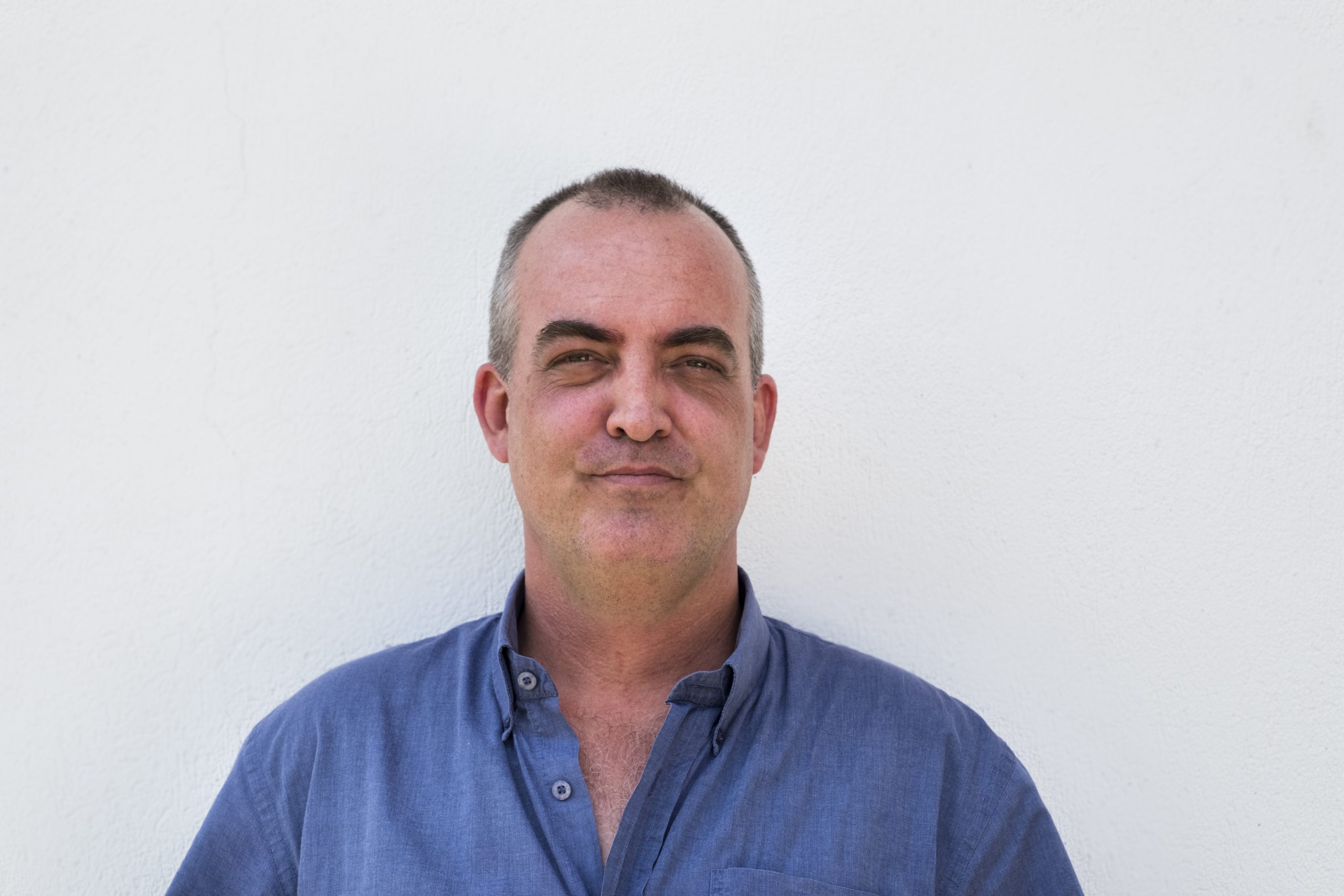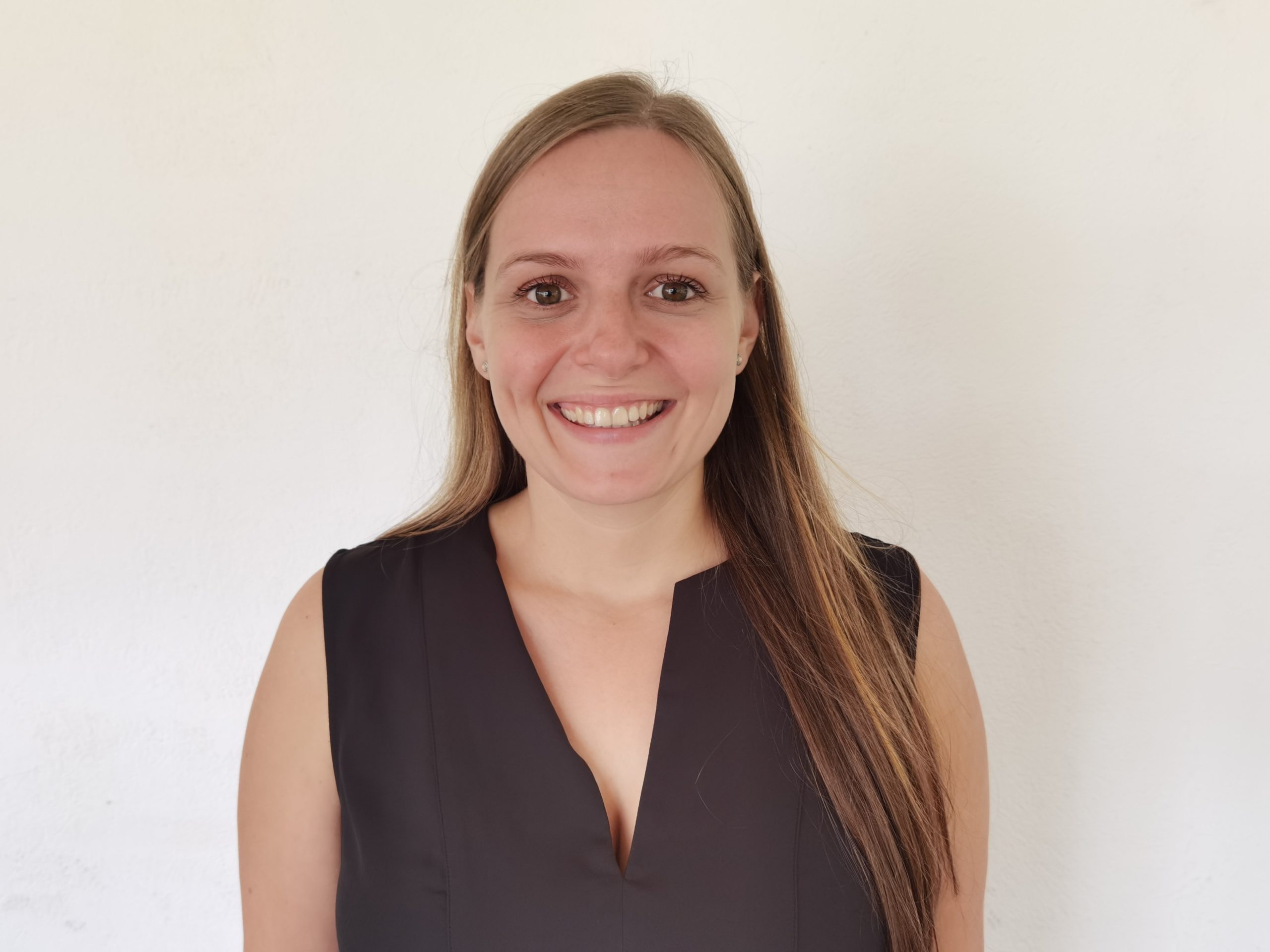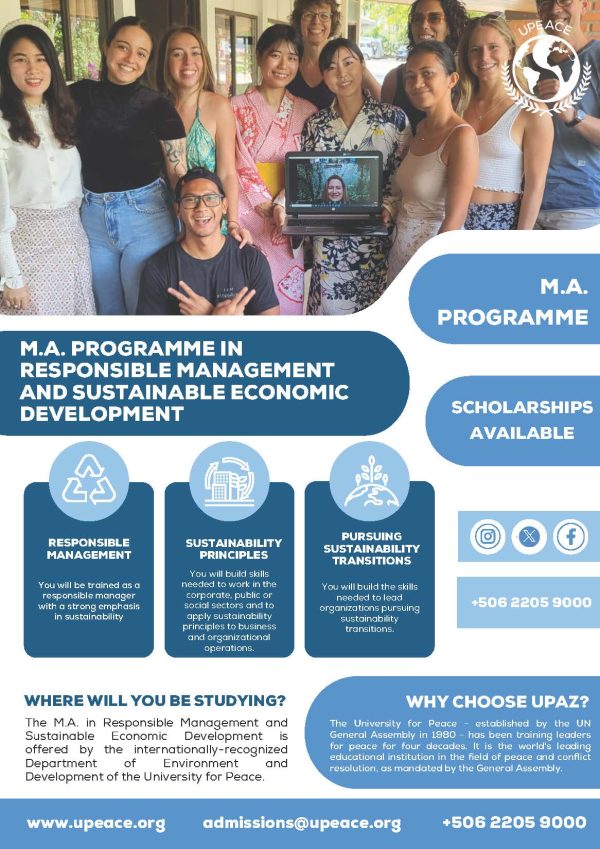M.A. in Responsible Management and Sustainable Economic Development
Modality
Face-to-face
Application Deadline
30 April 2025
M.A. in Responsible Management and Sustainable Economic Development
The Master of Arts in Responsible Management and Sustainable Economic Development (RMSED) focuses on social, economic, and management perspectives of development and peace while emphasizing concepts of sustainability and responsibility. Issues of growing inequalities and disparities, environmental degradation, financial crises, and globalization are challenging political stability and social cohesion across the world. This programme equips students with knowledge and skills needed to address the pressing challenges of sustainable development and ethical leadership in a rapidly changing world.
Through a combination of theoretical and practical learning, students in this programme explore critical areas such as development studies, international cooperation, geopolitics, geoeconomics, circular bioeconomy, and gender studies. Some courses specifically delve into the complex management of natural and urban environments, while in other courses, students examine the broader social and economic dimensions of sustainability. Key themes include the role of sustainability in development projects, gender and environmental justice, and the promotion of responsible leadership in both public and private sectors. The programme also incorporates training in social research methods, to empower students to conduct impactful research and analysis.
With a strong emphasis on real-world application, this programme is designed for individuals seeking to drive positive change and promote sustainable models that balance human well-being with environmental integrity, and social justice. Graduates of this programme are well-prepared to assume leadership roles in international organizations, government agencies, NGOs, and businesses dedicated to responsible management and sustainable economic development.
About the Programme
Required Documentation
The following documentation is required to complete your application process. Please have them ready and on hand before beginning your online application process, as they will need to be uploaded into the system.
- English Proficiency Test Scores Report: TOEFL (PBT, CBT or IBT), IELTS, Duolingo English Test, Pearson Test of English or Cambridge English Language Assessment
- Statement of Purpose
- Letters of Recommendation
- Official Undergraduate (Bachelor’s Degree) Transcripts and Degree Certificate
- Curriculum Vitae or Resume
- Copy of Passport (front page with photo only)
- One passport-size photos for ID purposes
The online application requires electronic (PDF) scans of required documents. Should admission be granted, the following documents will be eventually be required in official hard copy:
- English Proficiency Test Scores Report: TOEFL (PBT, CBT or IBT), IELTS, Duolingo English Test, Pearson Test of English or Cambridge English Language Assessment (if applicable)
- Official Undergraduate Transcripts and Degree Certificate (and English translations if applicable)
- Three (3) passport-size photos.
UPEACE Costs
UPEACE is a not-for-profit institution and has limited funds for financial assistance. Therefore we strive for balance, diverse class composition, and merit in distributing financial assistance among admitted students.

Conditions of UPEACE Scholarships & Financial Assistance
The prospective applicant has to be admitted to UPEACE in order to receive any possibility of financial assistance from the University, the latter of which is subject to the following conditions:
- The financial assistance awarded is non-negotiable.
- The scholarships/waivers do not apply to the US$ 2,500 administrative fee. This fee is mandatory for all students and is non-refundable if the student wishes to withdraw from UPEACE before completing his/her degree. Admitted students must comply with this financial obligation to UPEACE according to the required deadline outlined in their official admissions documents.
- Applicants are only eligible for one waiver category per application period. Waiver categories cannot be combined.
- If you receive a scholarship from another institution, you are obligated to inform the UPEACE Admissions Office, so that it can revert the waivers granted by UPEACE.
- Applicants eligible for a 50% waiver must apply directly through the UPEACE Admissions Office.
Automatic Scholarships/Waivers
30% Tuition Waiver (Automatic)

Available to M.A. and Doctorate students that meet one of the following criteria:
- Citizen or nationals of a signatory state to the UPEACE Charter
- Students who have received an undergraduate or graduate degree from a partner university (inquire with our Admissions Team)
- Peace Corps veterans
50% Tuition Waiver (Automatic)

Available to M.A. and Doctorate students that meet one of the following criteria:
- Professors from a partner university
- Costa Rican citizens and residents (host country)
- Current, full-time UN employees and volunteers
- Documented refugee or asylee
30% or 50% Tuition Waiver (Merit Based) – Available to Master’s applicants who do not belong to the above categories. These waivers are offered in limited number and will be awarded by merit, not financial condition. These waivers are not available to doctorate students.
DED Field Visits
Our programmes have highly practical components – several of our courses include field visits where we take students to visit different communities and projects throughout the country to offer hands-on learning experiences with our diverse and interdisciplinary community of collaborators in the field.
Our courses equip students with theoretical knowledge and tools to advocate for sustainable practices in diverse contexts. A concrete example is the greenhouse and garden in which our students can explore and experiment with sustainable agricultural practices to better understand the interrelationships between soil health, water protection, ecosystem dynamics, food security and circular economy, among others. We understand our greenhouse as a living laboratory in which our students play an important role throughout the academic year by planting, weeding, harvesting, watering, fertilizing and caring for their crops.
Please note that field trips can change from year to year.
Frequently Asked Questions
What is the start date for this programme?
The start date of this programme is 26 August 2024.
How much does this programme cost?
The cost of the programme is $19,500.00 USD.
Can I pay for this programme in instalments?
Yes, this programme is payable in 2-3 instalments.
Is this programme available online?
No. This is a synchronous face-to-face program, with eventually some courses being taught online.
What is the duration of this programme?
The duration of this programme is 2 semesters of course work with an extended time of 6 months to complete the final graduation project (a capstone, internship, or thesis). It is approximately a total of 16 months.
What is the final graduation project?
Students have three options:
2. Internship
3. Thesis
3. Capstone
Is this programme offered part-time or full-time?
This is a full-time programme.
Where is the campus located and what are the nearby towns like?
The campus is located in El Rodeo de Mora, Colón, San José, Costa Rica. This is a rural area, up a small mountain that is 7 kilometres from the town of Ciudad Colón. Ciudad Colon is a small town with all services (banks, coffee shops, two large supermarkets, farmer’s markets, a park, multiple gyms, a swimming pool, and other stores). This town is around 15 kilometres from a large shopping mall and 20 kilometres from the capital city San José.
Is the campus accessible by public transportation?
UPEACE provides students with several free of charge shuttles throughout the day from Ciudad Colón to campus and back.
Is the accommodation included in the tuition fee?
Accommodation is not included in the tuition fee and needs to be covered by the student.
What does the housing situation close to the campus look like?
Once you are accepted in the programme, you will receive access to our housing platform where you can find different accommodation that best fits your needs and budget, either in El Rodeo (closest to UPEACE) or in the town of Ciudad Colón. Suggested housing accommodations include room in a host family, studio, apartment, or house which could be shared with other students. For further questions regarding housing, please contact our colleague and housing officer Alvaro Castro: acastro@upeace.org
How can I issue my visa for Costa Rica?
This is case specific, but in general, once you are accepted in the programme, UPEACE’s visa officer will guide you through the process of getting your visa. For further questions regarding visa, please contact our colleague and visas officer Cynthia Díaz: cdiaz@upeace.org
What is the admission process for this programme?
Once you submit your application, we will review your package and make sure all documents are as requested. Then we’ll forward your file to the programme evaluators to review and decide if you’re qualified for admission.
In what language is this programme taught?
The programme is fully taught in English.
What department does the EDP programme belong to?
This programme belongs to the Department of Environment and Development.
Where do students work after graduating?
Our alumni work in a variety of fields and organizations. Some work for the private sector, some government organizations, some for the United Nations, some for non-governmental organizations (NGOs), while others follow a career in academia.
Does UPEACE help students find internships?
Our department faculty and staff assist you in identifying options for potential internships. We have an extensive database of organizations where our students have done their internships over the years available for our students.
Are there field visits in this programme?
Yes, most of our courses have field trips. Some are day trips; some can be overnight.
On these field trips student get the opportunity to visit different communities and projects throughout the country and gain hands-on learning experiences with our diverse and interdisciplinary community of collaborators in the field.
Where are the professors in the programme from?
Our resident and visiting faculty members come from a variety of countries and backgrounds. We have professors from Canada, Costa Rica, Germany, United States.

